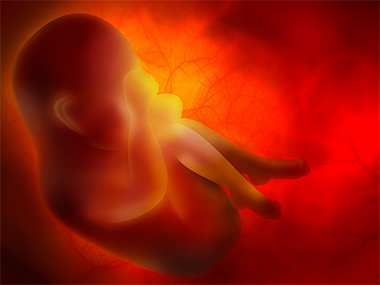Fetal movement and kick counts
 Your perception of your baby’s movements is one of the strongest indicators of your baby’s wellbeing. Mothers should always trust their intuition if they are concerned about their baby at any time during pregnancy, delivery, or after delivery. If you ever have concerns regarding your baby’s movement pattern, you should have the baby assessed as soon as possible. Kick counts are one tool used to assess fetal movement.
Your perception of your baby’s movements is one of the strongest indicators of your baby’s wellbeing. Mothers should always trust their intuition if they are concerned about their baby at any time during pregnancy, delivery, or after delivery. If you ever have concerns regarding your baby’s movement pattern, you should have the baby assessed as soon as possible. Kick counts are one tool used to assess fetal movement.
When will I feel my baby move?
Some women feel movement as early as 13-16 weeks from the start of their last period. At first it will be difficult to distinguish between fetal movement and intestinal gas. But after a while, you will be able to feel a pattern in the movements. First-time moms may not feel movement until 18-20 weeks. By 24 weeks, almost all women will feel their baby’s movements in a predictable way. A very small percentage of women do not feel their baby’s movements.
When should I count the baby’s movements?
Every baby will have times when it is more or less active. It is a good idea to be aware if any changes in your baby’s usual activity level, especially in the third trimester. If you think your baby might be moving less, you can do a kick count at any time. If you have a pregnancy with risk factors (e.g., high blood pressure, gestational diabetes, etc.), you should do a kick count every day, starting at 26-32 weeks. The best time for counting is often in the evening, when babies tend to be more active. You may be able to feel the movements better if you lie down. To do a kick count, count the baby’s movements for 2 hours. If you don’t feel 6 movements (such as kicks, flutters, or rolling movements) in 2 hours, you should contact your health care provider as soon as possible. The health status of both you and the baby will be evaluated. Baby’s movement patterns vary, but tend to be consistent for any one baby, in any one pregnancy. If you’re counting movements, try to do it at the same time each day.

